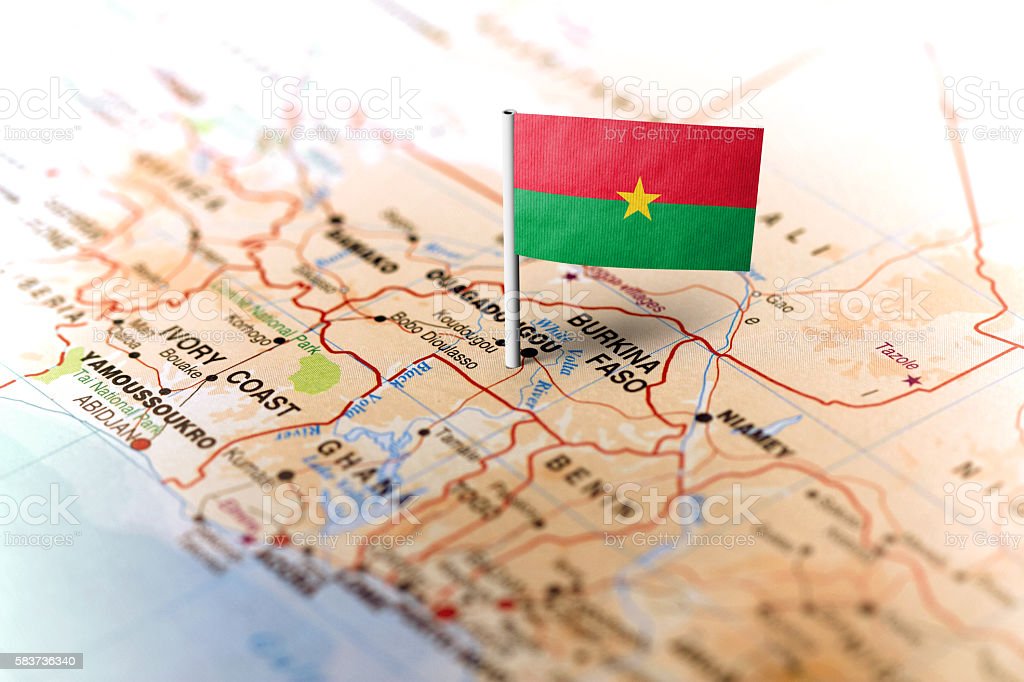Since the advent of the internet, especially social networks, in Africa, the processing of information has changed. Even more with the various socio-political crises that certain African states are going through, almost everyone has become a “journalist” in their own way on the various social platforms (Facebook, Whatsapp, Twitter, Instagram etc.). Is this cancer already claiming victims?
Credit: Peopleimage via Pexels
“Journalism” on the networks
With social networks, Internet users have the possibility of producing anything and everything in several formats (text, visual, audio, video, etc.) and with ease.
In this total confusion, we are witnessing all types of fantasies and excesses. On a daily basis, fake news (false information) is created and disseminated by amateurs, professionals and other very knowledgeable organizations. And this, always with the aim of influencing the opinions of Internet users and obtaining support for a cause.
Misinformation in Africa
In Africa, digital disinformation is becoming an increasingly common feature of the political landscape. On the internet, the deterioration of trust and truth has paved the way for new conspiracy theories and fabricated content in an opaque information environment.
Fake news prevents informed decisions on issues that affect the daily lives of Africans, such as getting vaccinated, or participating in political processes. Disinformation ultimately aims to sow terror and confusion to advance the political goals of those who spread this false information.
Some concrete examples of the consequences of disinformation in Africa
According to the survey of Africa Center for Strategic Studies, ahead of the January 2021 election in Uganda, a network of fake accounts operating on social media like Facebook, Instagram and Twitter spread a coordinated disinformation campaign in favor of the ruling party. Some of these accounts were directly managed by the Ugandan government through the Government Citizen Interaction Center (Government-Citizen Interaction Center or GCIC) of the Ministry of Information and Communications Technology and National Guidance. The DFRLab has identified at least five user profiles associated with the GCIC that were removed when Facebook took down the network on January 8, 2021.
Several fake accounts have also been linked to a spokesperson for President Museveni’s son, Muhoozi Kainerugaba, a Ugandan army lieutenant general (and commander of the Uganda People’s Defense Force Land Forces). Other accounts operating within the Ugandan disinformation network were linked to groups posing as PR firms or news outlets.
In the Democratic Republic of Congo (DRC), we eventually traced a network of fake social media accounts we uncovered during our COVID misinformation investigation to a group of young people from the University of Kinshasa. Content from this network had gained followers online and was subsequently deceptively tagged to promote a Congolese politician named Honoré Mvula and his political organization, Force des Patriotes. Honoré Mvula had ties to the young people hidden behind the accounts, which we were able to document through photographs showing them together at events in Kinshasa.
To read : Rise of domestic misinformation in Africa

Credit: Pexels
Au Burkina Faso where I live, since the start of the MPSR series season 1 and season 2, the fake news has reached another level. They have become real dangers for the republic. A danger to social cohesion, peace, governance, democracy and human rights.
In a context of patriotic renaissance and French anti-political feeling, we are witnessing at all. Information is created and disseminated without any evidence, out of emotion, in a partisan way and with a feeling of hatred. Surprisingly, thousands of people, “even those who have gone far in school” fall into these traps and share this information in a systematic and often thoughtless way. They desire to be scoop writers.
In addition, the latter use with great conviction elements (screenshot, photo, audio, video, etc.) without “credible and professional” sources as evidence during debates in high places (politics, associations, etc.) other ordinary places (family, offices, tea grinders…) as well as unusual ones (places of worship, maquis…). This cancer is already claiming victims, it is very important to be aware of it and to educate our loved ones
